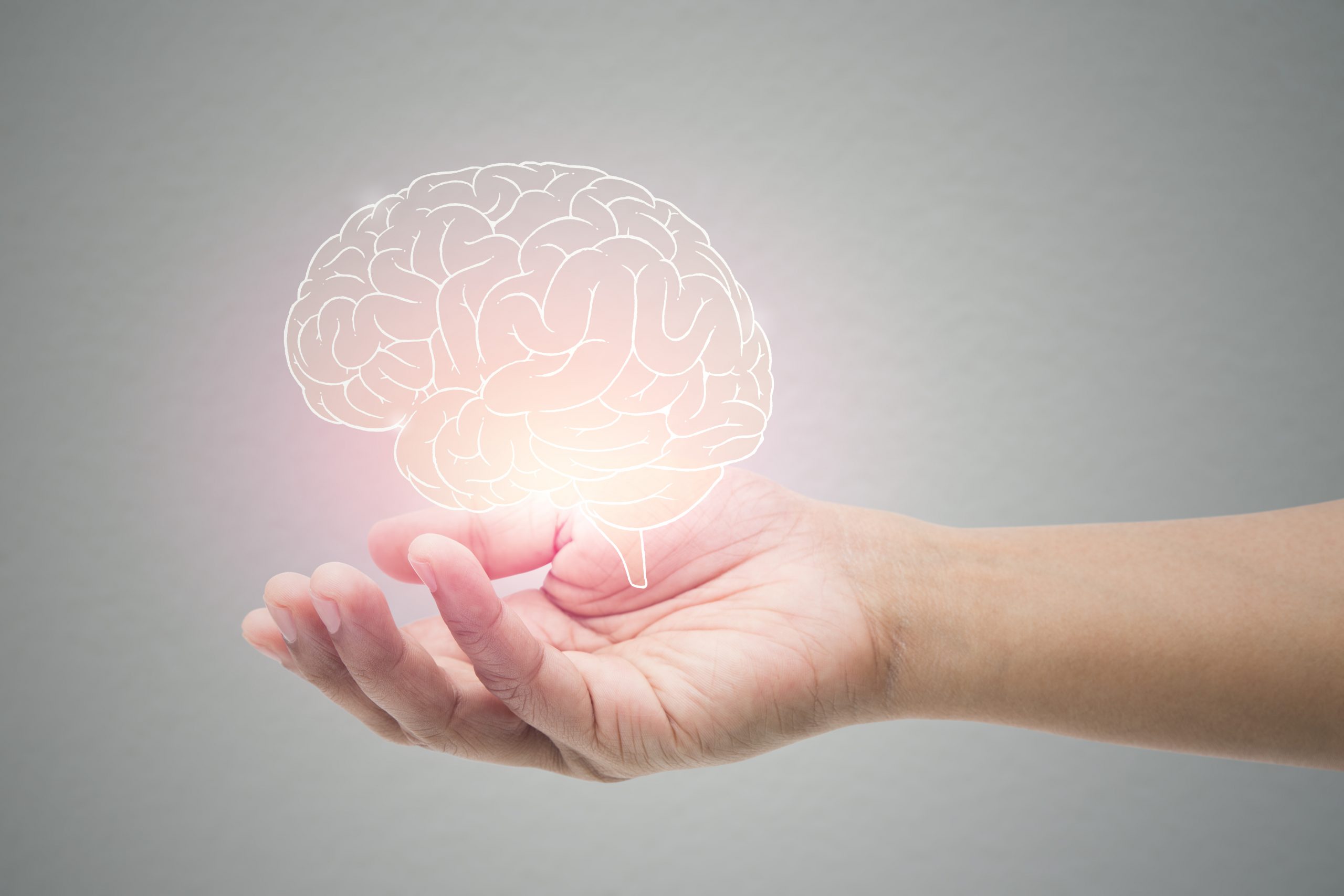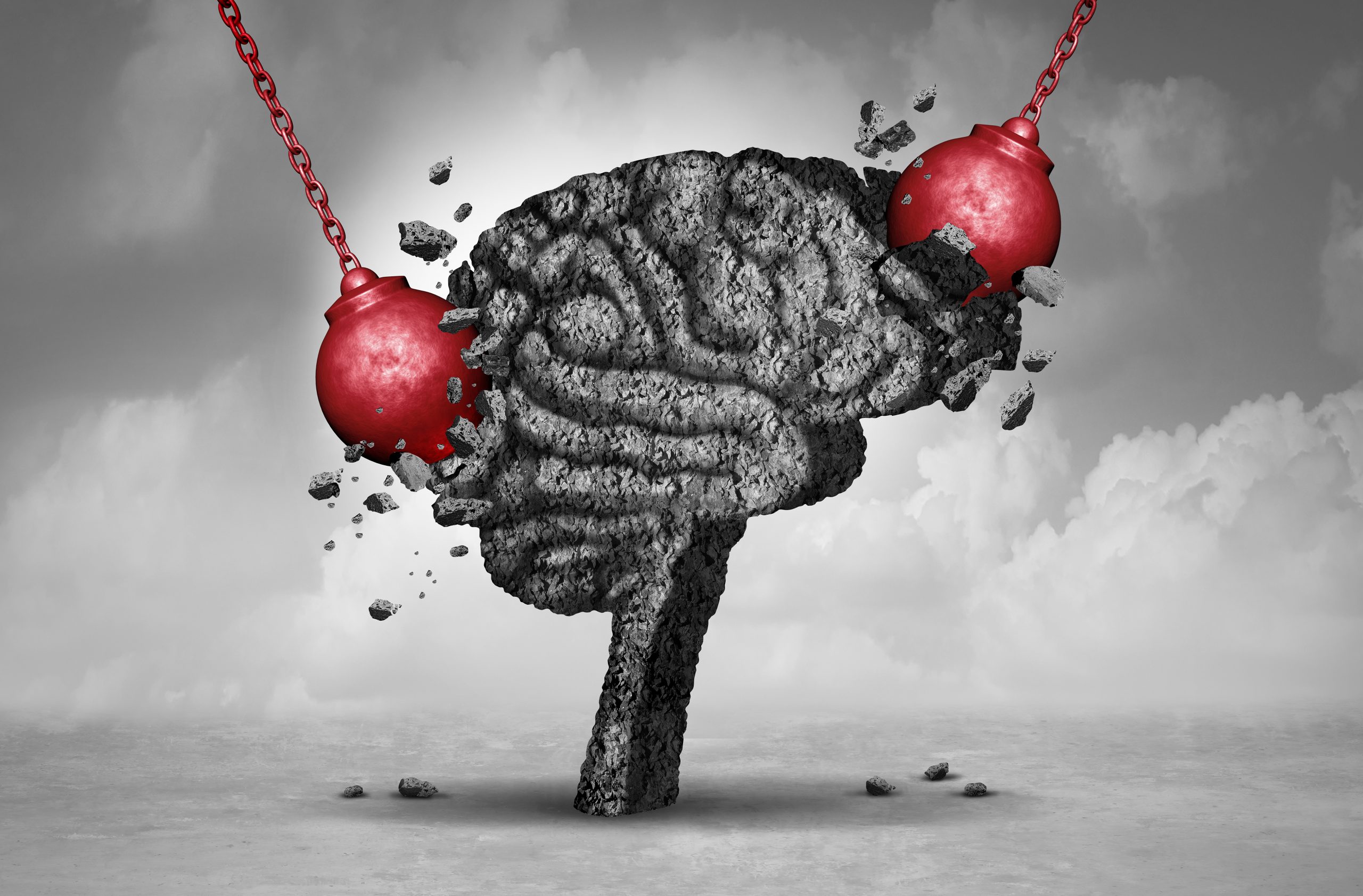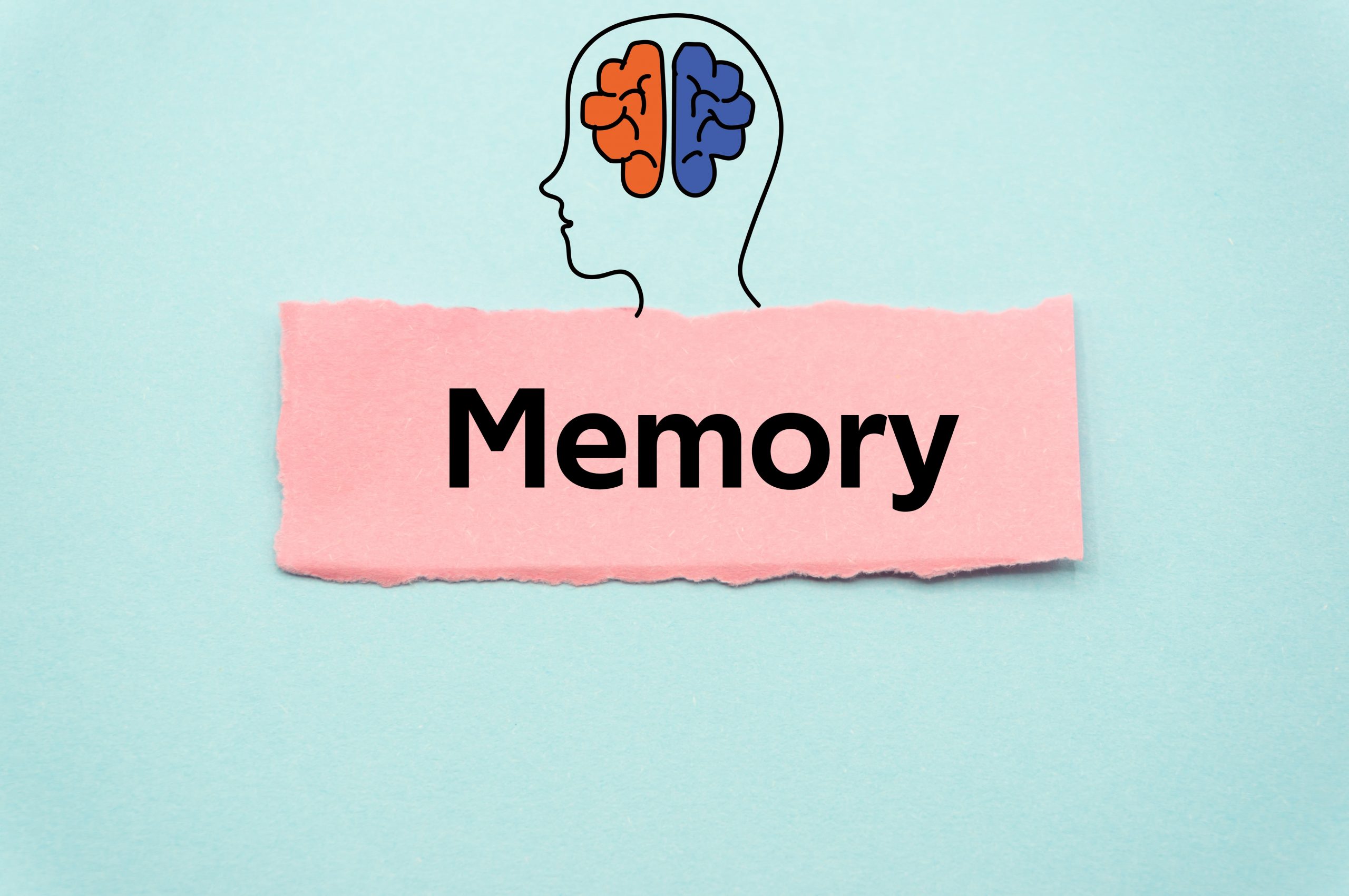The brain and gut are two separate organs in the body, but they are connected in many ways. Recent research has shown a connection between brain health and gut health. In this article, we’ll explore the connection between brain health and gut health.
The Gut-Brain Axis
The gut and brain communicate with each other through a complex network of nerves, hormones, and other signaling molecules. This connection is known as the gut-brain axis. The gut-brain axis plays a role in many aspects of health, including digestion, mood, and immune function.
The gut-brain axis is composed of several components, including the enteric nervous system, the vagus nerve, and the gut microbiota. The enteric nervous system is a complex network of nerves that controls digestion and other gastrointestinal functions. The vagus nerve is a nerve that connects the brain and gut, and helps regulate digestion, mood, and other bodily functions. The gut microbiota is a collection of microorganisms that live in the gut and play a role in digestion, immune function, and other aspects of health.
The Connection Between Brain Health and Gut Health
Recent research has shown that the gut-brain axis plays a role in many aspects of brain health, including mood, memory, and cognitive function. For example, the gut microbiota can produce neurotransmitters such as serotonin and dopamine, which are involved in mood regulation. Disruptions in the gut microbiota have been linked to depression, anxiety, and other mood disorders.
In addition to mood, the gut-brain axis also plays a role in memory and cognitive function. Research has shown that disruptions in the gut microbiota can lead to cognitive decline and dementia. The gut-brain axis may also play a role in other brain disorders such as autism and Parkinson’s disease.
Maintaining Gut Health
Maintaining gut health is important for overall health, including brain health. Here are some tips for maintaining gut health:
- Eat a healthy, balanced diet rich in fiber and whole foods
- Stay hydrated by drinking plenty of water
- Limit processed and sugary foods
- Avoid antibiotics unless absolutely necessary
- Get regular exercise
Manage stress through relaxation techniques such as meditation or deep breathing
Consider taking a probiotic or eating probiotic-rich foods such as yogurt, kefir, and sauerkraut.
In addition to these tips, it’s important to seek prompt medical attention for any gastrointestinal problems such as diarrhea, constipation, or abdominal pain.
In conclusion, the connection between brain health and gut health is an important area of research. The gut-brain axis plays a role in many aspects of health, including digestion, mood, and cognitive function. Maintaining gut health through a healthy diet and lifestyle habits can have a positive impact on overall health, including brain health. If you’re experiencing gastrointestinal problems or other health concerns, talk to your healthcare provider to determine the underlying cause and develop an appropriate treatment plan.












